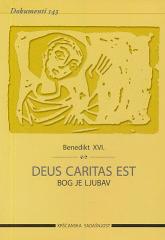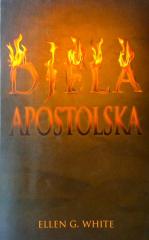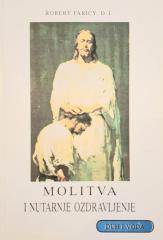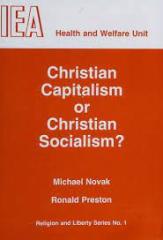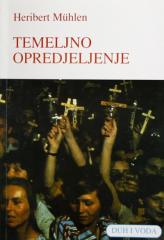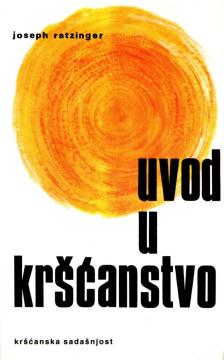
Uvod u kršćanstvo: predavanja o apostolskom vjerovanju
Joseph Ratzinger, der spätere Papst Benedikt XVI., hielt 1968 an der Universität Tübingen eine Vorlesungsreihe, die zum Bestseller „Einführung in das Christentum – eine tiefgründige Interpretation des apostolischen Glaubens in der Krise der Neuzeit“ wurde
Das Buch ist in drei Hauptteile gegliedert und folgt der Struktur des Nicäno-Konstantinopolitanischen Glaubensbekenntnisses: dem Glauben an Gott, den Vater, den Sohn und den Heiligen Geist. Ratzinger beginnt mit einer Analyse des zeitgenössischen Säkularismus – Atheismus, Marxismus und technologischer Fortschritt machen Gott zu einer unnötigen „Hypothese“, während der Mensch zum Maß aller Dinge wird. Doch Glaube ist keine rationale Lehre, sondern die Begegnung mit dem Mysterium: Gott ist kein abstraktes Prinzip, sondern ein persönlicher Schöpfer, der sich in der Geschichte Israels offenbart, wo er sich als treuer Verbündeter des Volkes im Exil und Leiden erweist.
Im zweiten Teil liegt der Fokus auf Jesus Christus als fleischgewordenem Logos – dem Sohn Gottes und nicht nur einem Propheten oder Morallehrer. Ratzinger untersucht die Evangeliengeschichten und betont das Kreuz als Schlüssel zur Erlösung: Der Tod Christi ist keine Niederlage, sondern ein Sieg über Tod und Sünde und öffnet den Weg zur Auferstehung. Der Autor kritisiert moderne Interpretationen von Jesus als „Mensch unter Menschen“ und beharrt auf der göttlichen Natur, die die Menschheit vor existenzieller Einsamkeit bewahrt. Der dritte Teil ist dem Heiligen Geist als Lebensspender gewidmet – nicht einer unpersönlichen Energie, sondern einer Persönlichkeit, die die Kirche als Gemeinschaft von Gläubigen, als Sakrament der Gegenwart Gottes in der Welt und als eschatologisches Zeichen des Endzeitreichs erschafft.
Ratzinger kritisiert die anthropozentrischen Illusionen des modernen Menschen, wie etwa utopische Ideologien, die das Paradies auf Erden versprechen, und betont das ewige Leben, das Jüngste Gericht und eine auf dem Kreuz basierende Ethik der Liebe. Glaube ist keine private Intimität, sondern eine öffentliche Kraft für gesellschaftlichen Wandel, die zu Solidarität mit den Armen und Widerstand gegen Totalitarismus aufruft. Das Buch endet mit Anwendungsbeispielen: In Zeiten des Zweifels wird der Glaube zur Brücke zwischen Vernunft und Mysterium und lädt den Leser zu einer persönlichen Begegnung mit Gott ein, die Leben verändert.
Angeboten wird ein Exemplar
